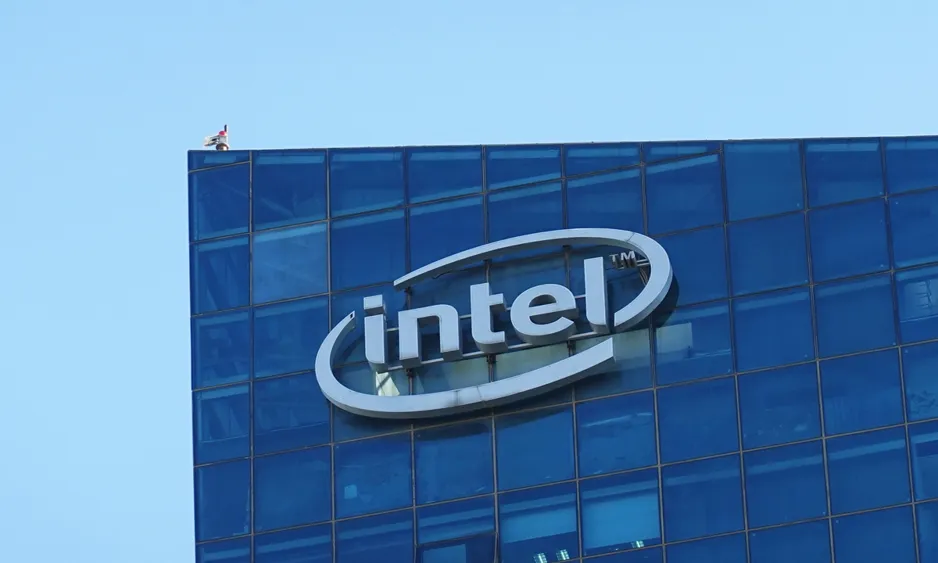US Government Set to Acquire 10 Percent Stake in Intel

The US government is set to enhance its involvement in the tech industry by acquiring a 10 percent stake in semiconductor giant Intel. This initiative aims to bolster national security and competitiveness within the semiconductor sector, amid increasing concerns regarding supply chain vulnerabilities and global market dynamics.
According to a report by the BBC, the White House confirmed that the Trump administration is progressing in discussions surrounding this significant investment, which would mark a shift in government involvement in the private sector. This acquisition could transform the government into Intel's largest shareholder, although U.S. Commerce Secretary Howard Lutnick indicated that it would not bestow governance or voting rights to the federal government.
Chinese analysts observing the unfolding situation have expressed apprehensions that such a move could incite fears of unfair competition among U.S. technology firms. Furthermore, international stakeholders may worry about potential regulatory implications or perceived 'backdoors' due to increased governmental involvement with Intel.
White House Press Secretary Karoline Leavitt emphasized that this initiative is part of a broader commitment to prioritize American needs, addressing both national security and economic implications. This dual focus underscores the delicate balance that the administration seeks to achieve amid geopolitical tensions.
The investment is seen as a strategic maneuver to leverage grants from the CHIPS and Science Act into equity in key semiconductor players like Intel, aiming at revitalizing domestic chip manufacturing capabilities. This comes at a time when Intel has faced growing pressures from rivals like Nvidia and AMD, particularly in the thriving artificial intelligence market.
Experts have noted that while previous government interventions have centered around emergency rescues—like the bailout of General Motors—the Intel scenario presents a different context. Intel, despite its challenges, is not at immediate risk of existential threats but is rather in need of innovation and competitiveness enhancement.
Commenting on this potential deal, He Weiwen from the Center for China and Globalization remarked that supporting Intel through government stake could fall short of addressing the fundamental issues related to innovation. While financial backing is critical, it must be coupled with fostering talent and technological advancement.
The implications of this government stake in Intel could be far-reaching, potentially straining relationships among U.S. tech firms as the government may preferentially support one entity over others, unsettling the principles of fair competition in the marketplace.
Industry insiders have highlighted the urgency that drives policymakers to seek robust measures to support struggling semiconductor companies, amidst rising international competition. The reported developments reflect a foundational shift in the relationship between government and businesses, with experts projecting this could mark a significant juncture in U.S. economic policy.
Looking ahead, should the deal materialize, the potential fallout may affect Intel's credibility in global markets, particularly in regions like China, where concerns over governmental influence could challenge consumer trust in the brand.
Read These Next

Russia's Central Bank Gold and Forex Reserves Hold at 686.5 Billion
As of August 15, Russia's central bank has reserves of $686.5B, up from $686.4B, reflecting stable economic health.

Guo Ji Financial's Growth and Compliance Journey
This commentary analyzes the recent operational developments and financial performance of Guo Ji Financial, assessing its compliance with regulatory standards and strategic growth initiatives while highlighting potential risks and opportunities.

US Soybean Producers Seek Agreement with China Amid Trade Concerns
US Soybean Association urges a deal with China to restore soybean trade amid rising tensions, impacting US farmers' finances.
